Gent-Wevelgem to include dirt roads for women and men in 2018
Race honours New Zealand's WWI Cycling Corps
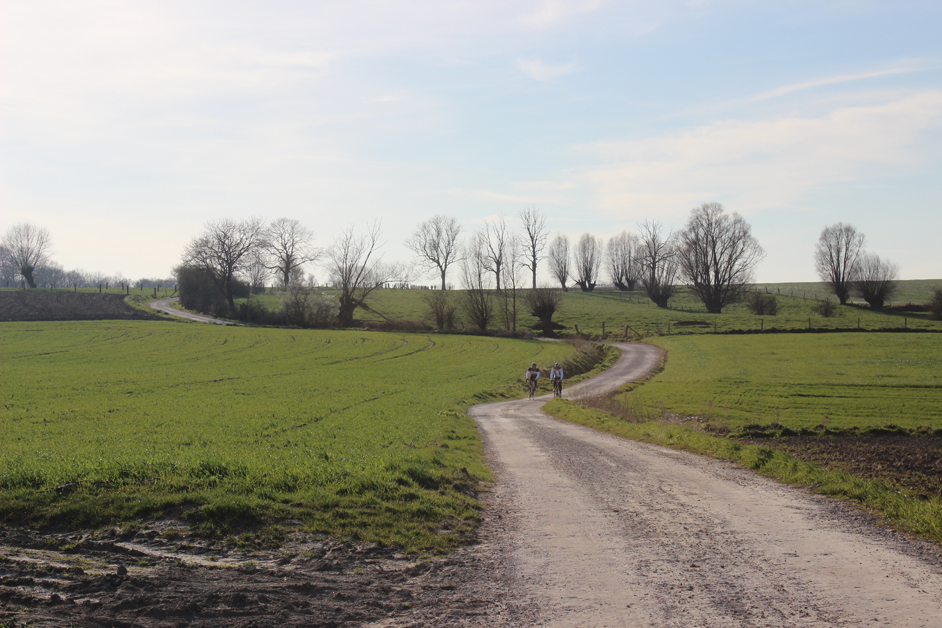
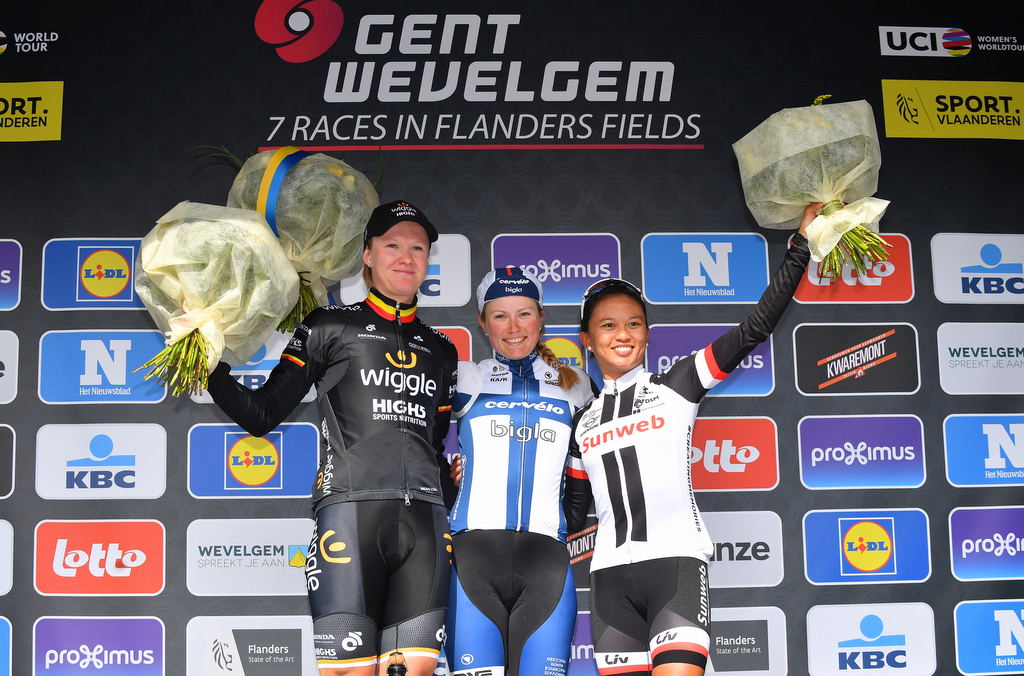
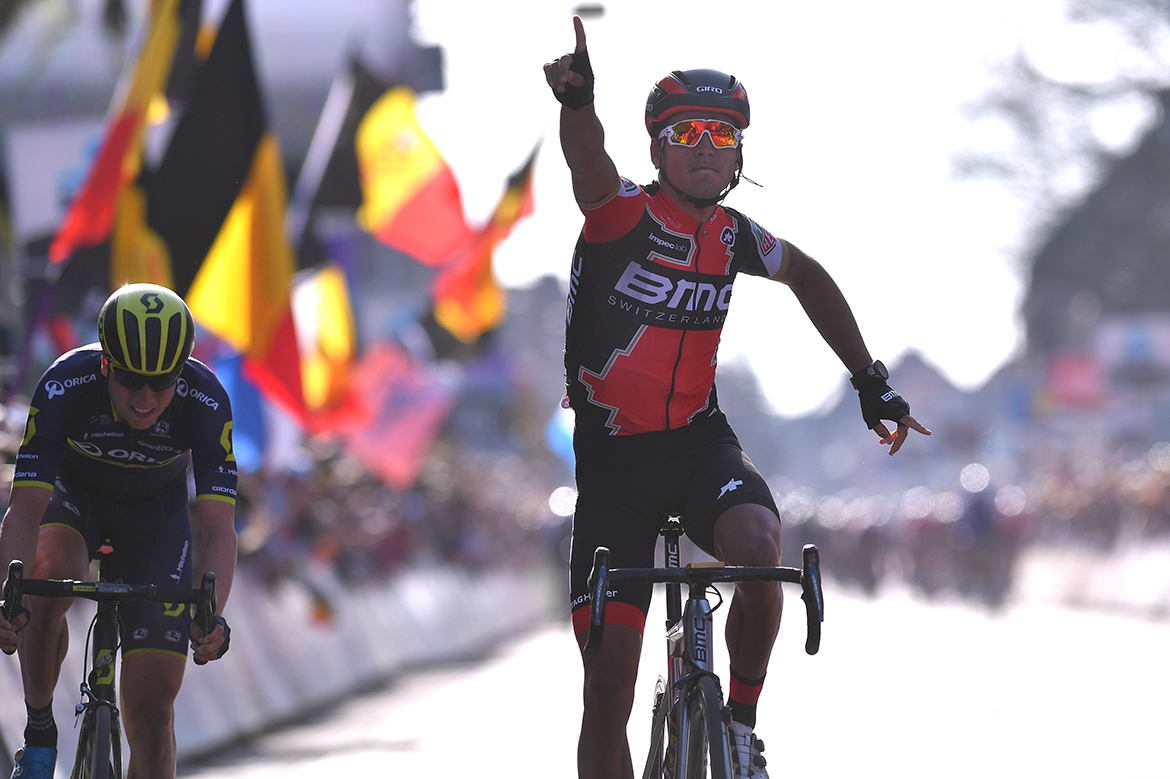
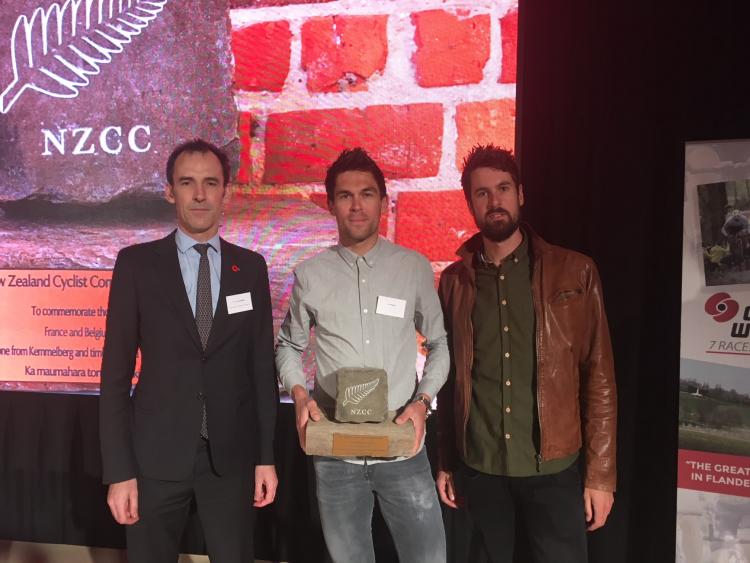
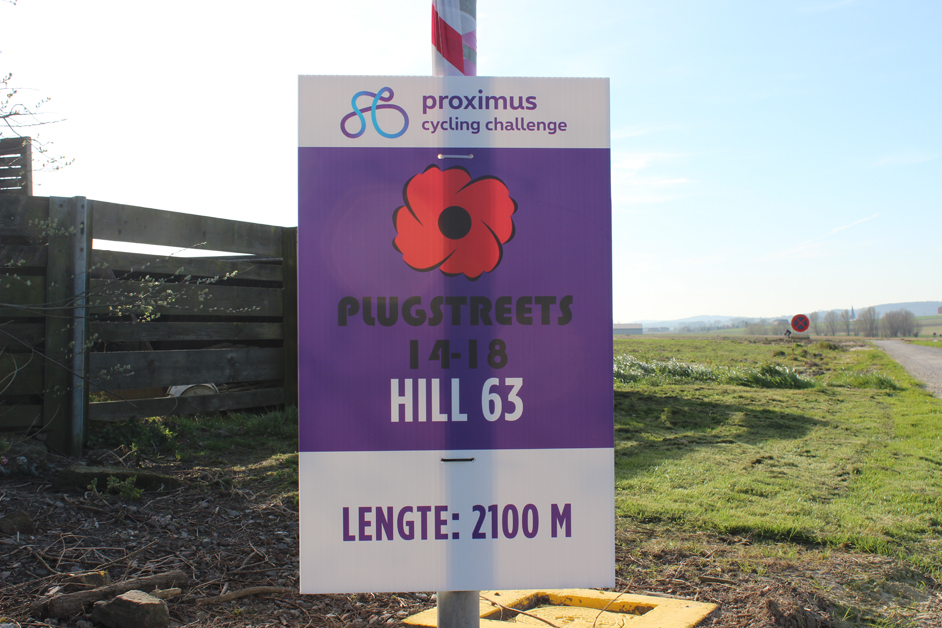
After the success of the dirt roads in this year’s Gent-Wevelgem, organisers Flanders Classics have decided to test the women and under-23 riders on the so-called ‘Plugstreets,’ which will also form part of the men’s race once again in 2018.
The dirt roads were introduced to the men’s event this March as a tribute to the fallen of the First World War. The race, whose full name is Gent-Wevelgem in Flanders Fields, has always been intrinsically linked with the history of the war. The Plugstreets take the riders past the graves of the soldiers killed in the war.
In addition to the inclusion of the dirt roads, organisers confirmed at an event on Thursday evening that the women’s race will also see the start move back to Ypres after beginning in Boezinge this year. The changes were made at the behest of the women’s teams and also for logistical reasons, the organisers said.
The men’s event will remain largely unchanged from this year, retaining the final 160 kilometres that contain all the climbs and dirt roads. There are some small alterations to the opening section as the route takes the riders to De Moeren, into France, and then back into Belgium via Heuvelland.
Both the women’s and men’s races will take place on March 25 along with the junior and under 23 events.
Honouring the New Zealand Cycling Corps
As well as releasing details of next year’s routes, Gent-Wevelgem took the opportunity to honour the members of the New Zealand cycling corps that fought in Flanders during World War 1. To mark the occasion, the organisers had commissioned a trophy to be made from a cobble on the Kemmelberg with the New Zealand symbol of silver fern and NZCC (New Zealand Cycling Corps) carved into it.
The Kemmelberg saw one of the fiercest battles during the Fourth Battle of Ypres close to the end of the war. There is a 17-metre high monument at the top of the climb that commemorates the thousands of French soldiers who were killed during the battle. The New Zealand Cycling Corps joined the Western Front in July 1916 and took part in the battles of Messines and Passchendaele in 1917 and the Spring Offensive and Advance to Victory in 1918.
Get The Leadout Newsletter
The latest race content, interviews, features, reviews and expert buying guides, direct to your inbox!
New Zealand professionals Jack Bauer and Sam Bewley attended the ceremony in Belgium. After a ceremonial Haka, the trophy was handed to Bauer and Bewley by Heuvelland mayor Marc Lewyllie. The pair will return it to New Zealand as a 'challenge trophy', according to the race’s official Twitter feed.